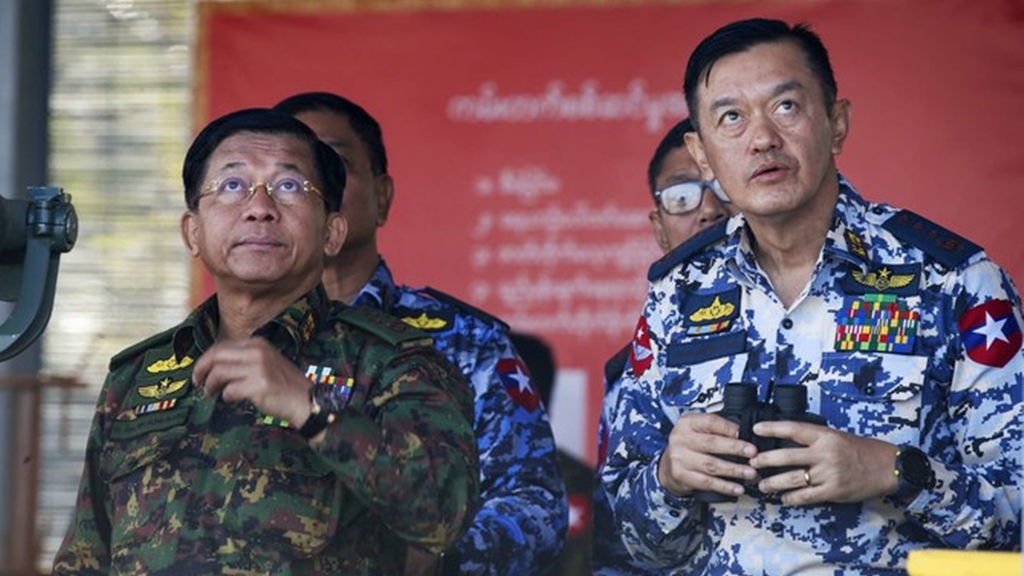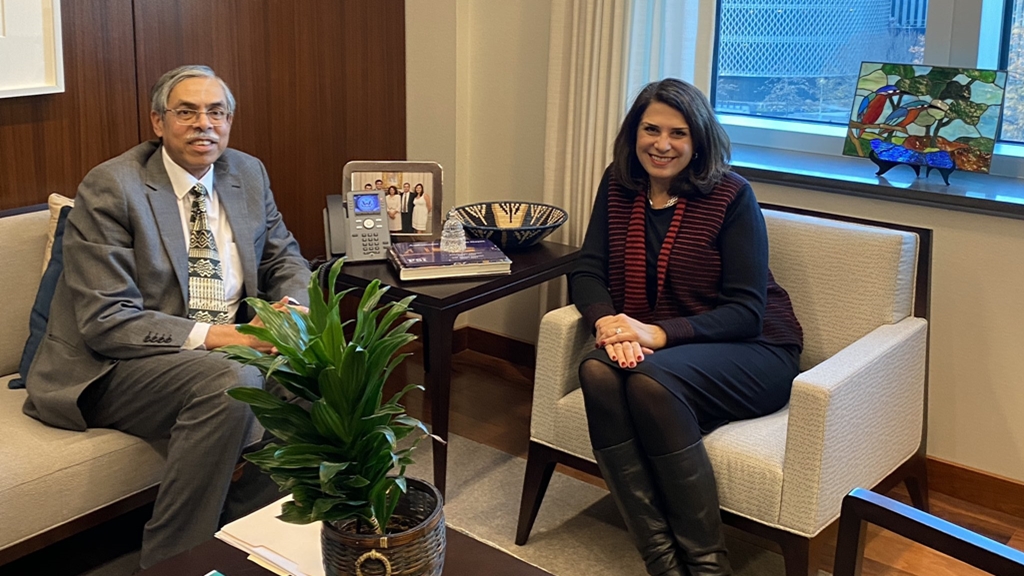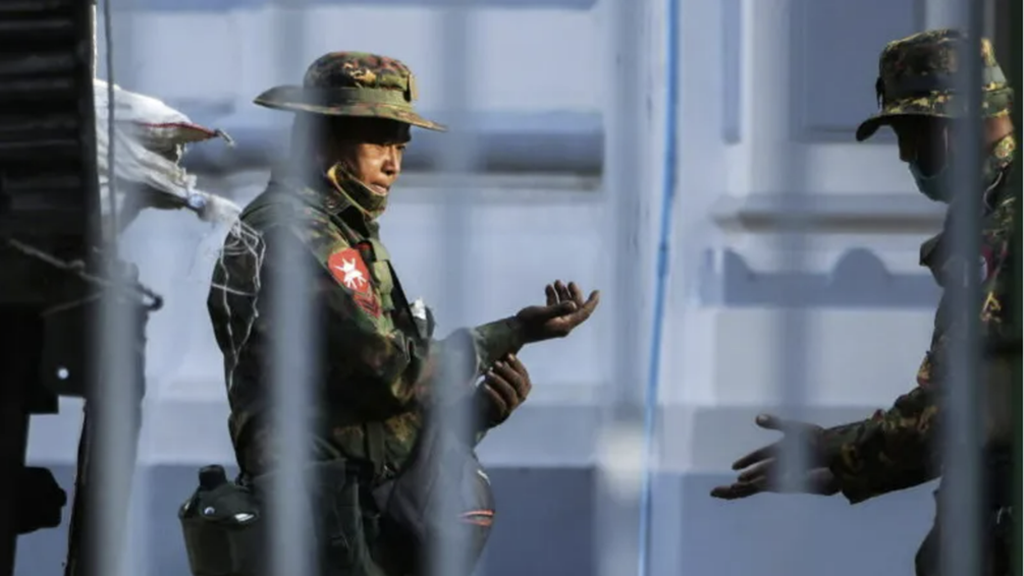
Tatmadaw must not be allowed to represent Myanmar at ICJ
- 27/01/2022
- 0
By Dr. Azeem Ibrahim, Arab News
The International Court of Justice is next month set to continue the legal proceedings brought by the Gambia against the state of Myanmar for the alleged Rohingya genocide in Rakhine state. Normally, this would be very welcome news, and we are all expecting the perpetrators of the genocide to be brought to justice as soon as possible. Unfortunately, it looks like the court will accept as representatives of the Myanmar state emissaries of the incumbent junta government, the Tatmadaw. This would be a critical mistake. Allowing this would imply that the ICJ recognizes the Tatmadaw as the rightful representatives of the Myanmar state, thus inadvertently legitimizing the military regime under the UN system and international law.
The pragmatics of this situation are simple enough: Aung San Suu Kyi and other leading representatives of the civilian government that was ousted by the military coup in February 2021 are under arrest in Myanmar and cannot attend the proceedings like they used to. And it is more than understandable that both the Gambia (as applicants) and the court overall would prefer not to let the fraught internal politics of Myanmar dictate the timetable for this very important trial.
Moreover, the Tatmadaw is de facto in charge of the central government in Naypyitaw, plus it stands accused in terms of both individuals and the principal institution of the state that carried out the genocide in dispute. If the ousted civilian government cannot present its representatives before the court, one might argue that someone who can appear before the court should be allowed to represent the accused.
However, such a move is both shaky on legal grounds and hugely problematic on political grounds. This is because it would mean that the court appeared to be taking a position in the ongoing civil war in Myanmar about who is entitled to legitimately represent the state in the international system and who is recognized as such by international law.
On the legal front, no other international body recognizes the junta that now de facto governs (most of) Myanmar as the legal and legitimate government of the state of Myanmar. For example, the state of Myanmar continues to be represented at the UN by the ambassador appointed previously by the civilian government of Suu Kyi. And it is not for the ICJ to unilaterally decide who the legitimate government of any country is.
Courts like the ICJ must, in cases like this, scrupulously follow the law and assume that the previous government is the lawful and legitimate government of the country until such time it is otherwise lawfully determined. In the view of John Packer, associate professor of law and director of the Human Rights Research and Education Centre of the University of Ottawa, “the General Assembly, following the UN Charter, which also governs the ICJ, must be allowed to conclude its process without prejudice. Indeed, many other interests and rights — notably of other states parties to the Genocide Convention — affected by the dispute before the court would potentially be prejudiced by the court’s precipitous action.”
The court risks inadvertently legitimizing the military regime under the UN system and international law.
Dr. Azeem Ibrahim
On the political front, the coup carried out last year by the Tatmadaw continues to be actively contested in Myanmar, not just by the deposed civilian government but by ongoing grassroots civilian groups, which in recent months have been forced to take up arms against the Tatmadaw so as to resist its brutal crackdowns on pro-democracy protests and demonstrations. For the ICJ to accept representation from the unrecognized junta government would be to effectively wade into this civil war, because doing so would give the appearance that the court is implicitly changing the legal status quo of that central dispute: From civilian pro-democracy demonstrators fighting against an illegitimate and unrecognized government on behalf of their legitimately elected civilian government to rebels resisting the legitimate government of Myanmar under the Tatmadaw.
This would be a crazy situation for the court to put itself in and would risk undermining its authority to rule on the genocide itself, precisely because it undermines the established norms of international law (notably the UN Charter) and therefore its own legitimacy. The state of Myanmar should be allowed to defend itself. But that defense can only come from the government recognized under international law as things stand, which is to say: By emissaries of the ousted civilian government of Suu Kyi. If that cannot be provided for, the trial must either continue without representation for the defense or be postponed until the defense can send in legitimate representation.
The easiest thing to do would be to wait. But either of these choices would be more sensible and more in keeping with international law than accepting representation from the illegitimate military regime with serious risk of doing harm.
Dr. Azeem Ibrahim is the Director of Special Initiatives at the Newlines Institute for Strategy and Policy in Washington D.C. and author of “The Rohingyas: Inside Myanmar’s Genocide” (Hurst, 2017). Twitter: @AzeemIbrahim







